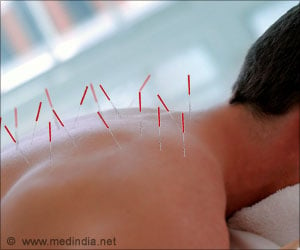The labelling for the first homoeopathic product to get a license from the UK Medicines and Healthcare Products Regulatory Agency (MHRA) should be illegal
The labeling for the first homeopathic product to get a license from the UK Medicines and Healthcare Products Regulatory Agency (MHRA) should be illegal, as it breaches Unfair Trading regulations, a senior British scientist has claimed.
David Colquhoun, a professor at University College London, argues in a letter published in the British Medical Journal (BMJ) that the MHRA "has made a mockery of its own aims" by allowing Arnica 30C pills to be labelled "a homoeopathic medicinal product used with the homoeopathic tradition for the symptomatic relief of sprains, muscular aches, and bruising or swelling after contusions."According to him, this label should be illegal because the tablets contain no trace of the ingredient on the label, but this deceit has been allowed through a legal loophole for a long time now.
He points out that the average consumer is unlikely to know that "used with the homoeopathic tradition" is a form of weasel words that actually means "there isn't a jot of evidence that the medicine works."
Considering that there is not the slightest evidence that Arnica 30C pills provide symptomatic relief of sprains and other conditions, Colquhoun insists that the labelling that the MHRA has approved seems to be illegal.
In another letter, Professor Stephen Evans from the London School of Hygiene and Tropical Medicine has also expressed the belief that a licence could have been refused because there is "good evidence against any efficacy."
He warns that this product "may have major indirect harms - not only in individual patients who may not get benefit from the other effective remedies but also in a general sense by undermining the rational basis for medicine."
Advertisement
He, however, feels that homoeopathy might be useful as "a truly inactive placebo" for over-treated illnesses, such as the common cold and insomnia.
Source-ANI
RAS









